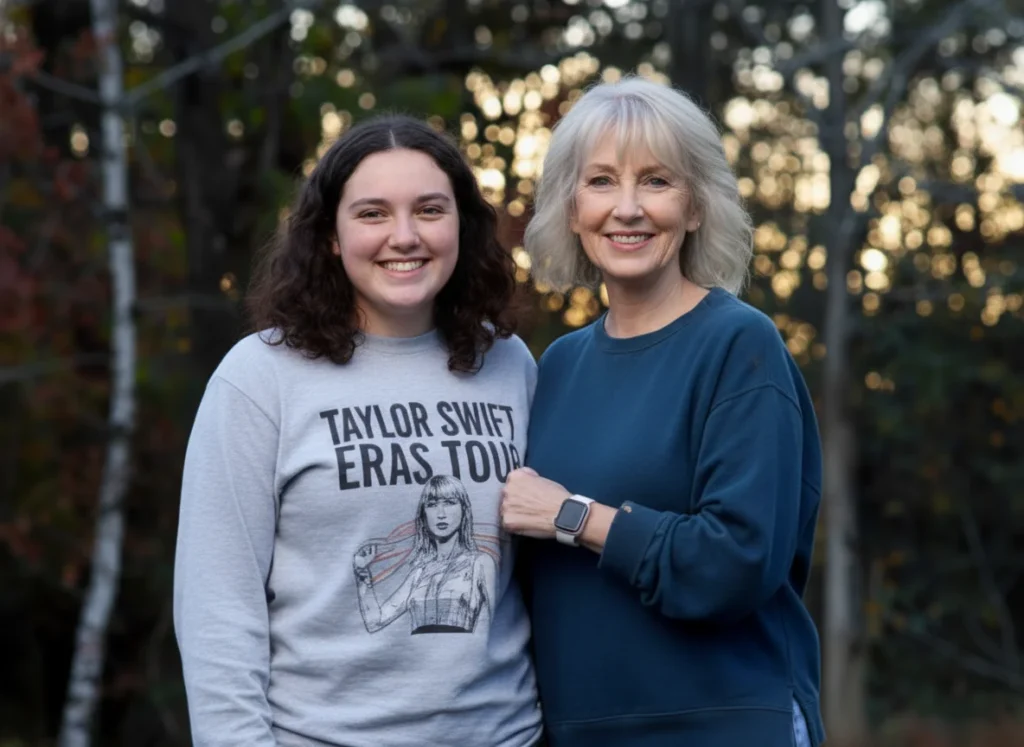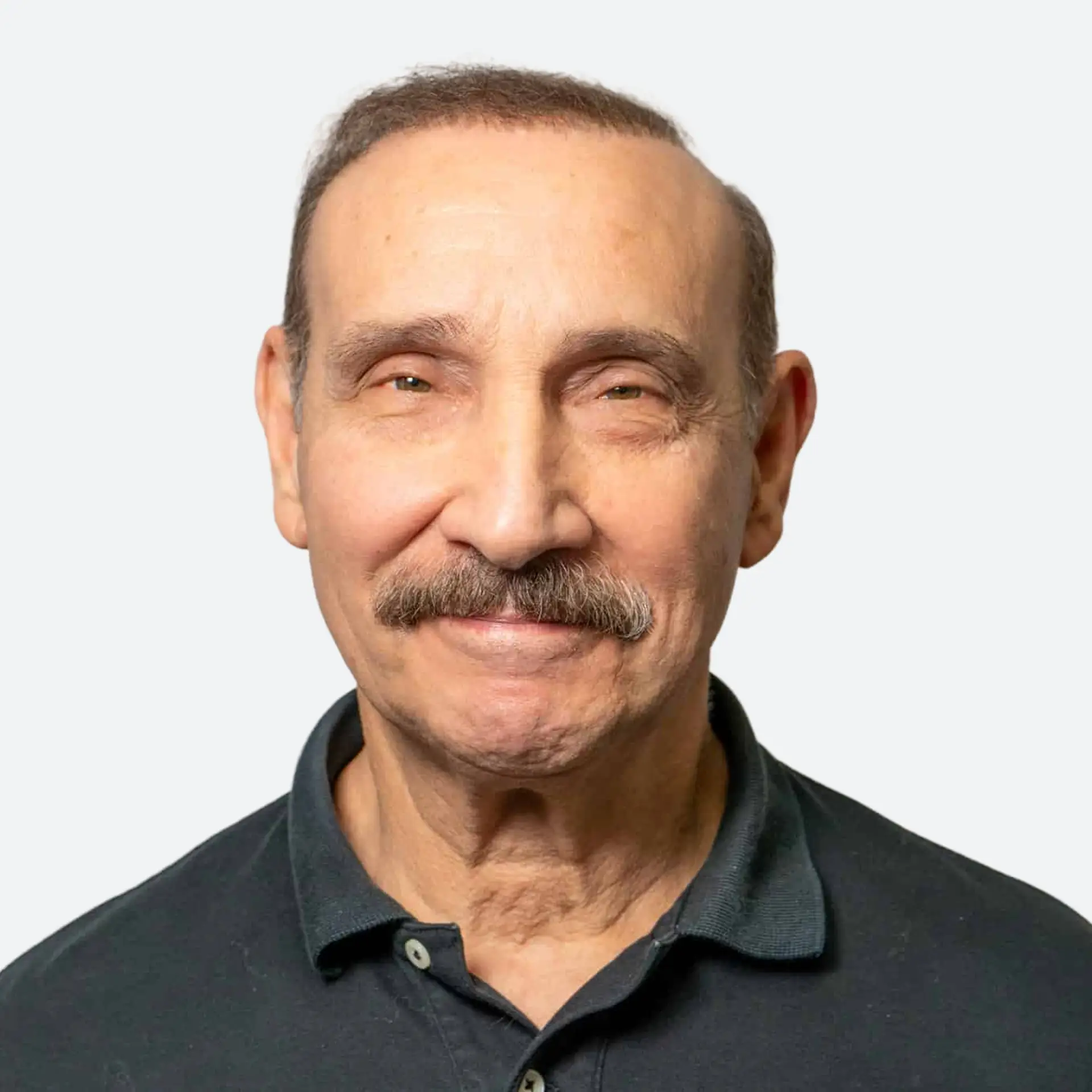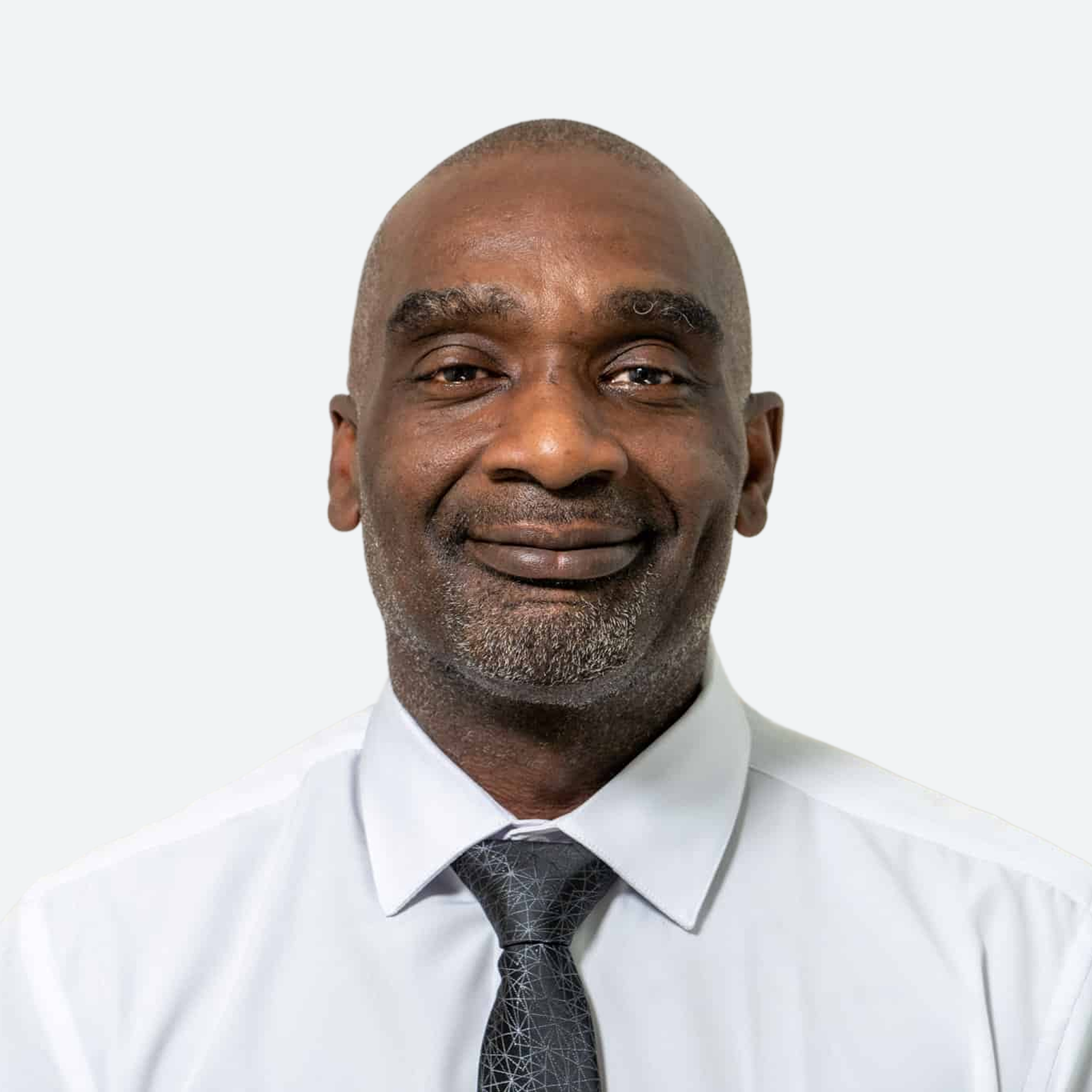
Family therapy is built in from the beginning. Each week, you’ll meet with a licensed therapist to work through the patterns that keep things stuck at home — like conflict that spirals, boundaries that don’t hold, or conversations that shut down too quickly.
These sessions focus on what actually helps: clearer communication, more stable connection, and practical ways to support your teen during treatment and after they return home.
You’ll also stay connected through phone updates, support groups, and weekly visits — so you’re never left wondering how things are going, or how to help.

The therapeutic approach depends on your family’s structure, history, and what your teen is working on in treatment. Some sessions focus on co-parenting communication. Others help a single caregiver set new boundaries or repair a breakdown in trust. Every family works differently, and therapy reflects that.
Your sessions may include evidence-based models like cognitive behavioral therapy (CBT), dialectical behavior therapy (DBT), trauma-focused CBT, motivational interviewing (MI), or the 7 Challenges framework.
These aren’t just check-the-box techniques. They’re used to help you uncover what’s been driving conflict, understand how your teen reacts under stress, and practice communication tools that hold up under pressure.

Family therapy creates space to shift the dynamic at home. These are guided, goal-focused sessions designed to help you:
Every session is shaped around your family. Whether you’re co-parenting, doing this alone, worried about siblings, or navigating something complicated, you’ll have help that fits your situation.
Each week, you’ll meet with your family therapist in person or virtually. These sessions give you space to ask hard questions, say what hasn’t been said, and build tools you’ll need long after your teen leaves treatment.
In addition, you’ll have:
You don’t have to figure this out alone. And you don’t have to be perfect to make progress.
Family therapy doesn’t happen in isolation. It’s supported by a coordinated team that understands what families go through during teen treatment — and what they need to stay involved.

Family Therapist
Karissa understands the challenges families face when a teen is struggling with substance use and mental health issues. Beyond addressing the struggles, Karissa helps families create lasting change by shifting the dynamics that contribute to conflict and misunderstanding.
She is a credentialed CASAC-T through the New York State Office of Addiction Services and Supports (OASAS). Her approach is rooted in strengths-based, trauma-informed care, and she integrates her lived experience to help families understand their patterns, set clear boundaries, and communicate effectively under pressure.
“Families come in thinking they’ve failed. My job is to show them that there’s a path forward — and that they’re already walking it.” — Karissa Thompson, CASAC-T
Karissa works closely with the rest of your teen’s care team to ensure that family therapy is fully integrated into the overall treatment plan. Each session is designed to help you rebuild trust, gain practical tools, and strengthen the foundation for a healthier home life.
Your Extended Care Team:
This team meets regularly to share updates and ensure that therapy is part of a larger, unified plan — not a standalone conversation.

Clinical Director
Oversees the full care team and works with therapists to align your family sessions with what’s happening in group and individual treatment.

Psychiatric Provider
Evaluates and monitors your teen’s emotional and medical stability when medication is part of care, and shares insights with the therapy team as needed.

Program Director
Helps coordinate care planning from intake to discharge, making sure your teen’s progress connects with your family’s goals and needs.
As your teen approaches discharge, therapy shifts toward preparation. Sessions focus on how to carry progress home — and what to do when things get hard again.
Before discharge, you’ll create a plan that includes:
The goal isn’t to create a perfect household — just a stable one, with a shared understanding of what comes next.
Families don’t come here because things are going well. They come here when they’ve tried everything they know, and nothing seems to help.
What they find is:
We know how hard this is. And we’ll help you figure out what to do — one step at a time.
If your teen is struggling with substance use, and home feels tense or unpredictable, you don’t have to wait until things fall apart.
Family therapy is already part of the treatment here. You’ll get consistent support, a plan that fits your family, and a therapist who knows how to help you move forward — even if things still feel fragile right now.
Reach out today. You’ll have help — and so will your child. Call us or start the process online. The first step is simple.
